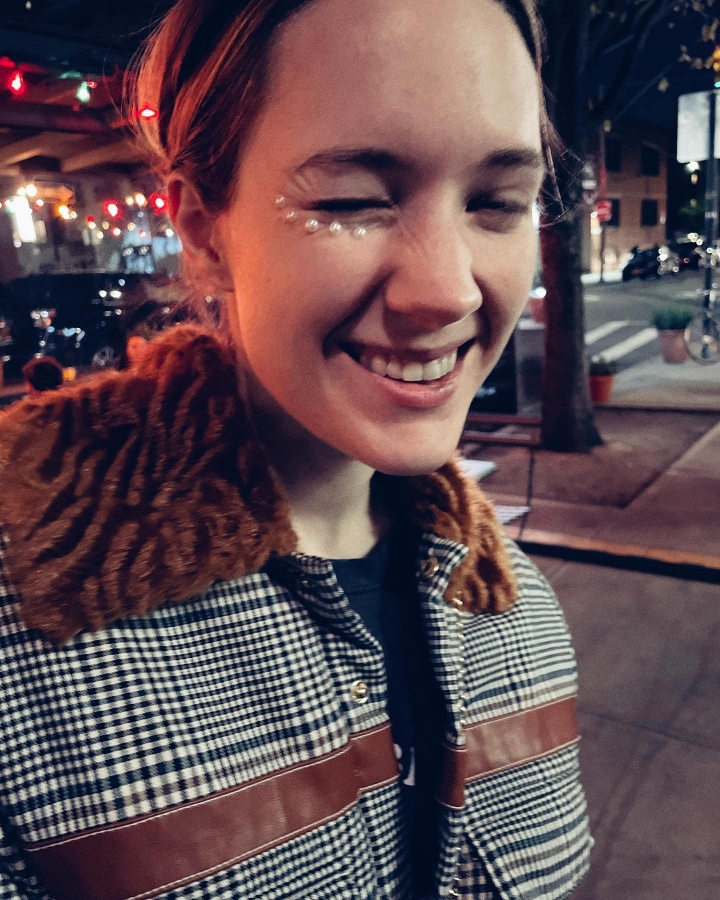Bobbie Gentry pops into my head occasoinally (and she’s always welcome there) while listening to Elizabeth Wyld’s Quiet Year, the seven-song debut album she released earlier this month, whether in terms of vocal cadence or country twang or plain-spoken storytelling. Except on this record instead of stories about living a hardscrabble life in Chickasaw County, Mississippi and bridge jumpers and familial indifference, you get songs about leaving behind rural Virginia for the big city and dealing with vocal paralysis and romantic infatuation. But still if any marketing person wants to use “Elizabeth Wyld is the indie Bobbie Gentry this world needs” as a pull quote I’m not going to stop them.
Falling under the general rubric of indie-folk and alt-Americana closely associated with artists like Phoebe Bridgers, Angel Olson, and Kacey Musgraves, Quiet Year spans the stylistic gamut from its open-hearted, full-throated opener “I Still Believe In Ghosts" which depicts a road trip in terms equally brash and vulnerable (“pull over I’m taking it in / how’d I get here and where have I been?”) to the closer “Hudson” that moves with a slow, steady flow like its namesake river in tandem with lyrics about lovelorn enervation and resignation to the extent that it could lead one to spurn the advances of a foxy artistic type at a Brooklyn apartment party for no other reason than to go back home and wait on one’s errant, absentee lover.
Bigger picture-wise this appears to be an album about losing and re-locating (and remaking) one’s own voice in various metaphorical and literal senses—whether by speaking up for sexual self-determination via a set of Sapphic-themed Southern Gothic-tinged love songs, or seeking one’s voice by moving from the country to New York City, or recovering and retraining the literal voice after a year long struggle with a rare vocal cord condition.
Soon after completing a six-month engagement in Europe with a touring company of the Broadway revival of Hair, Elizabeth Wyld lost the ability to speak above a whisper and was diagnosed with unilateral vocal fold paralysis. No longer able to sing in any capacity much less to belt out tunes on stage, the self-described theater kid refocused her energy onto writing poetry and playing guitar which culminated in the songs heard on this record–a solitary creation made public after vocal cord surgery and rehabilitation, and turned into a record at Greenpoint’s Studio G with the audio production/multi-instrumentalist assistance of Brooklyn-based Oscar Albis Rodriguez and Zach Jones who between them brought a range of experience reaching from extreme and nü-metal production to playing guitar in the pit band for the Spongebob Squarepants stage musical. So maybe change that pull quote to "Elizabeth Wyld is the new indie Squidward-meets-Degrader sonstress that this world needs". (Jason Lee)
